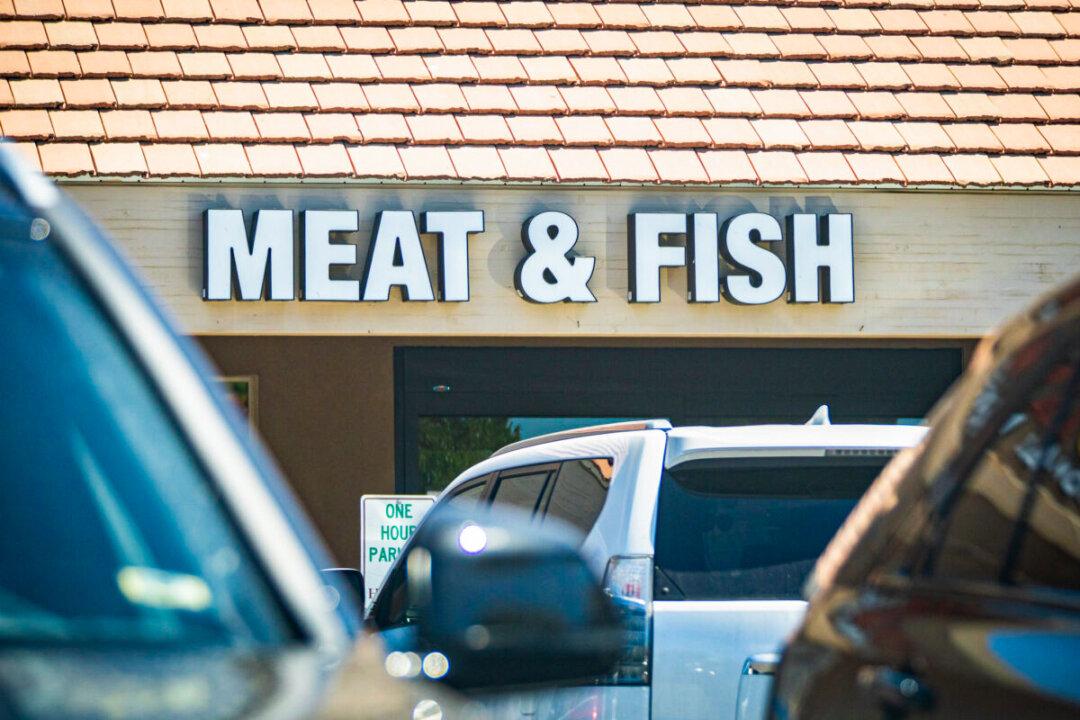SACRAMENTO—Factory farms and slaughterhouses that expand existing operations or build new facilities could face fines up to $10,000 per day under new legislation that could be heard in committee on March 21.
Assemblymembers Adrin Nazarian (D-Van Nuys) and Alex Lee (D-San Jose), who authored Assembly Bill 2764, said putting a halt to commercial animal feeding operations and slaughterhouses would be a step forward in preventing inhumane cruelty on animals and workers, while minimizing environmental and health impacts.





